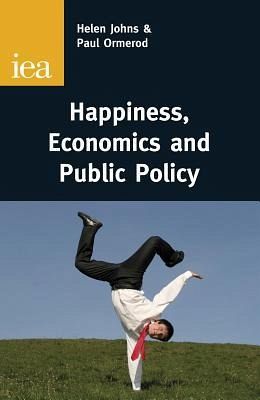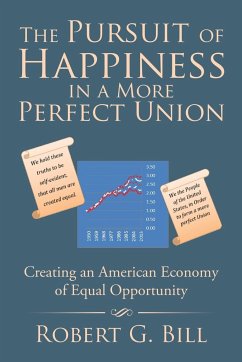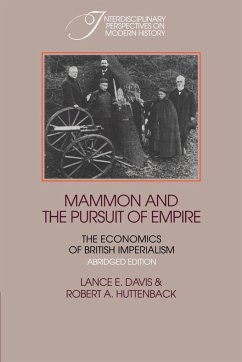
And the Pursuit of Happniness
Versandkostenfrei!
Versandfertig in über 4 Wochen
18,99 €
inkl. MwSt.

PAYBACK Punkte
9 °P sammeln!
In spite of general reductions in government spending, the prime minister has found room in the government's budget to spend money on a major survey of what makes the British people happy. This will be used, in the prime minister's own words, to guide government policy towards improvements in general well-being rather than improvements in national income. But is it really true that government policy has always been orientated towards maximising GDP? Is it true that well-being does not increase as income increases? Is it true that more equal societies are happier societies? Can we really improve well-being through workplace legislation? Is it right to orientate government policy towards the single aim of increasing aggregate well-being across society as. a whole? These questions and many more are tackled by some of the leading intellectuals in the field. Overall, this monograph provides a substantial challenge to those who want to put the explicit pursuit of well-being at the heart of government policy.
With commentaries by Samuel Brittan and Melanie Powell. In "Happiness, Economics and Public Policy", Helen Johns and Paul Ormerod analyse the economic research that underlies politicians growing preoccupation with measures of 'well-being'. In a lucid and compelling analysis, written for economists and non-economists alike, the authors find that happiness research cannot be used to justify government intervention in the way its proponents suggest. Those who wish governments to take into account measures of well-being when setting policy often point to the fact that increases in income have not led to increases in measured happiness, and thus governments should concentrate on redistribution and improving the quality of life, rather than on allowing people to benefit from economic growth. In fact, measured happiness does not appear to be related to public spending, violent crime, property crime, sexual equality, disability, life expectancy or unemployment either. The stark fact is that, as Helen Johns and Paul Ormerod demonstrate, the difficulties in measuring societys happiness are insurmountable, and policymakers should not claim that they can control and increase happiness through public policy decisions.












